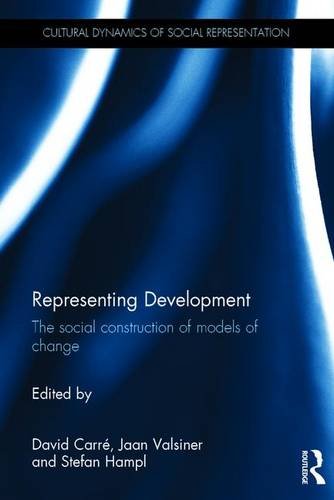

Most ebook files are in PDF format, so you can easily read them using various software such as Foxit Reader or directly on the Google Chrome browser.
Some ebook files are released by publishers in other formats such as .awz, .mobi, .epub, .fb2, etc. You may need to install specific software to read these formats on mobile/PC, such as Calibre.
Please read the tutorial at this link: https://ebookbell.com/faq
We offer FREE conversion to the popular formats you request; however, this may take some time. Therefore, right after payment, please email us, and we will try to provide the service as quickly as possible.
For some exceptional file formats or broken links (if any), please refrain from opening any disputes. Instead, email us first, and we will try to assist within a maximum of 6 hours.
EbookBell Team

0.0
0 reviewsRepresenting Development presents the different social representations that have formed the idea of development in Western thinking over the past three centuries. Offering an acute perspective on the current state of developmental science and providing constructive insights into future pathways, the bookdraws together twelve contributors with a variety of multidisciplinary and international perspectives to focus upon development in fields including biology, psychology and sociology.
Chapters and commentaries in this volume present a variety of perspectives surrounding social representation and development, addressing their contemporary enactments and reflecting on future theoretical and empirical directions. The first section of the book provides an historical account of early representations of development that, having come from life science, has shaped the way in which developmental science has approached development. Section two focuses upon the contemporary issues of developmental psychology, neuroscience and developmental science at large. The final section offers a series of commentaries pointing to the questions opened by the previous chapters, looking to outline the future lines of developmental thinking.
This book will be of particular interest to child psychologists, educational psychologists and sociologists or historians of science, as well as academics and students interested in developmental and life sciences.